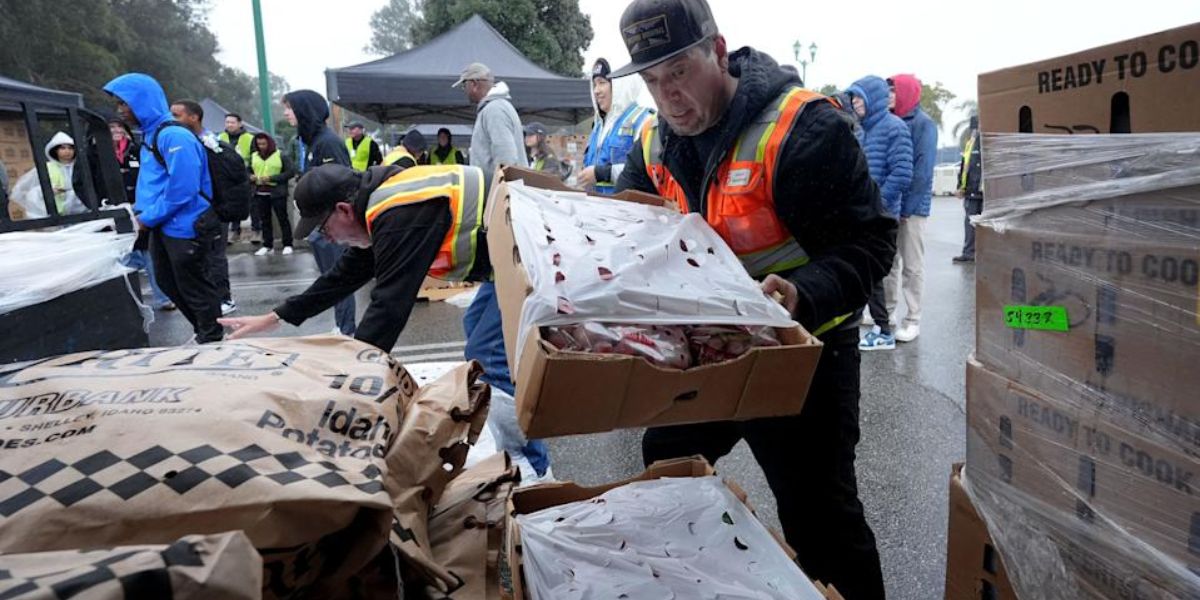In recent political discourse, Governor J.B. Pritzker of Illinois has emerged as a potential candidate to succeed President Biden. This speculation comes amidst conversations within the Democratic Party about future leadership and potential successors. Pritzker, a Democrat and the billionaire heir to the Hyatt Hotels fortune, has been noted for his political acumen and substantial financial resources, which could position him as a strong contender in national politics.
According to a CBS News report, Pritzker’s name has been floated as a possible replacement for Biden if the President decides not to seek re-election. The discussions are part of broader considerations within the Democratic Party about maintaining leadership continuity and preparing for future elections. Pritzker’s record as governor, particularly his handling of the COVID-19 pandemic and his efforts to advance progressive policies in Illinois, have earned him national attention and support from key Democratic figures .
Pritzker’s potential candidacy is seen by some as a strategic move for the Democratic Party. His ability to self-fund a campaign could alleviate some financial pressures typically faced by presidential candidates. Additionally, his experience in governing a populous and diverse state like Illinois provides him with a substantial governance record to present to voters. Pritzker’s administration has been marked by significant achievements in areas such as healthcare, education, and infrastructure development, which could serve as critical talking points in a national campaign .
However, Pritzker’s emergence as a potential successor is not without challenges. The political landscape is highly competitive, and other prominent Democrats are also being considered as potential candidates. Names such as Vice President Kamala Harris, Transportation Secretary Pete Buttigieg, and Senators Elizabeth Warren and Bernie Sanders are frequently mentioned in discussions about the future of Democratic leadership. Each of these figures brings their unique strengths and political bases, making the competition for the party’s nomination potentially fierce .
Furthermore, Pritzker would need to navigate the complexities of national politics, which differ significantly from state-level governance. The scrutiny and pressures of a presidential campaign are immense, and the ability to build a broad coalition of support across the country is essential. Pritzker’s success in Illinois provides a foundation, but he would need to expand his appeal to a diverse and geographically dispersed electorate .
The discussions around Pritzker’s potential candidacy also reflect broader trends within the Democratic Party. There is a growing emphasis on identifying leaders who can effectively address the pressing issues facing the country, such as economic inequality, healthcare access, climate change, and social justice. Pritzker’s progressive stance on many of these issues aligns with the priorities of a significant segment of the Democratic base, which could bolster his support if he decides to run for president.
Also Read:
- Third-Party Presidential Candidates File for Illinois Ballot Access
- Kelly Radeke Joins National CASA/GAL Leadership Council
In conclusion, Governor J.B. Pritzker’s name being floated as a possible successor to President Biden underscores the ongoing strategic considerations within the Democratic Party. Pritzker’s achievements in Illinois, coupled with his financial resources and progressive policy positions, make him a noteworthy figure in these discussions. However, the path to a presidential candidacy is complex and competitive, and Pritzker would need to navigate numerous challenges to secure the Democratic nomination. The political landscape remains dynamic, and the coming months will likely see further developments as the party prepares for future elections.






